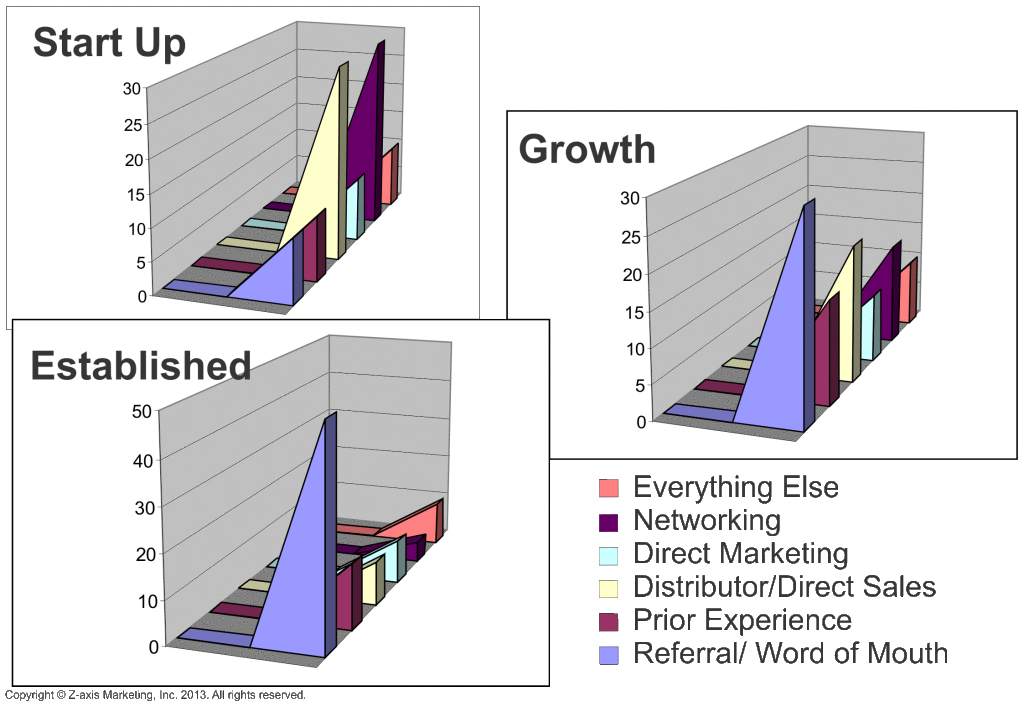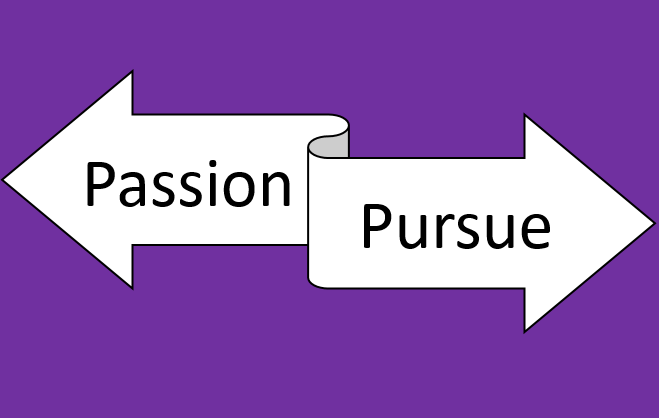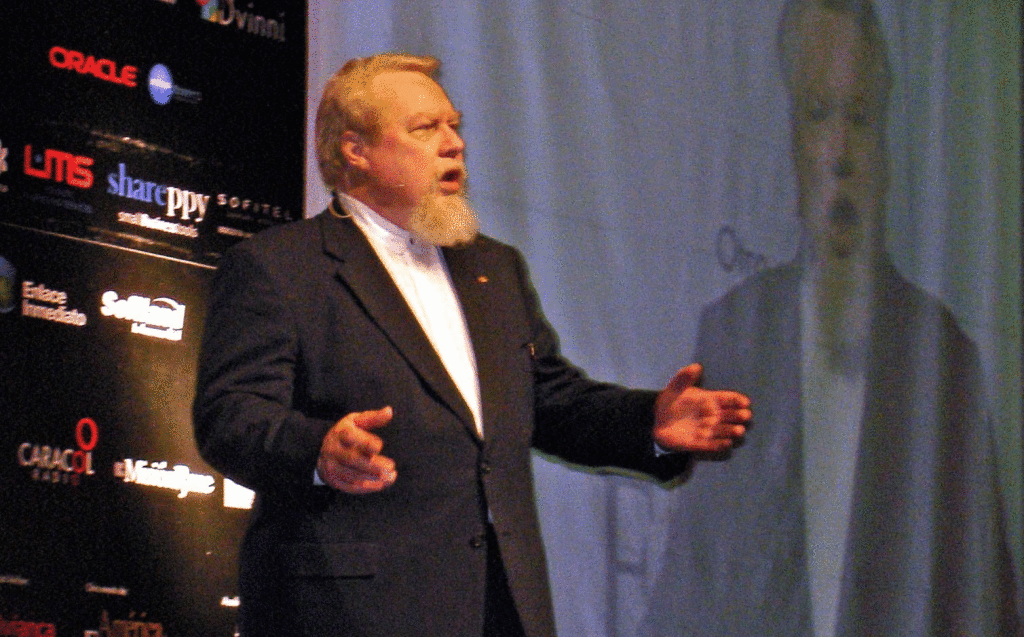My answer is always the same: “I’m sweet, kind, generous and a regular boy scout. What do you want to sell me?”
“Don’t tell me,” said Bubba, “I’m plumb certain the question was the inevitable ‘how are you today’ asked by a person cold-calling on the phone. And I bet it really messed up the caller when you gave that answer.”
“You got it Bubba. How are you today? is the single dumbest thing I believe you can say in a sales script regardless of if it is on the phone or in person.
Kate, you’re the sales expert, why do people do that?”
Kate said, “Okay, wise guy, what do you say to someone to start the conversation when you’ve never talked to them before? In my view you have to do two things:
- Put the person you’re talking to in a positive state of mind
- Get them to let you ask questions
Chris our digital expert asked, “But what do you actually say to get that done?”
Kate said, “Start with their name and then thank them for taking your call and show some concern for their time by telling them you will be brief. Here’s a script I’ve taught successful sales people for years:
Mr. or Ms. Jones thank you for taking my call. I know you’re busy so I will be brief. Introduce yourself followed by their name
It uses their name. That is the strongest set of words for just about anyone. Said properly they hear the respect. Saying thank you drops their reluctance a notch or two more. Acknowledging that he or she is busy and stating that you will be brief gets you just that little bit more attention. Introducing yourself and then saying their name again starts to build a relationship.”
Bubba asked, “So you’re saying there’s an opening and then an introduction, is that right?”
“You bet,” said Kate, “At that point the best approach I’ve seen comes right out of Fletch’s 30-Second Marketing. You have to do three things in this introduction:
- State the problem that most people that buy your product or service are trying to solve
- Tell them what you do to solve the problem.
- Get them to agree to answer a few questions.
Make sense?”
Chris scratched his head and asked, “Can you give me an example?”
Kate responded, “That training company you worked with is a good example. Here’s what I would say in that case:
You know how companies like yours need to have training that meets state and federal requirements and that you can prove your people have taken?
What we do is provide a fully approved on-line program that keeps track of time spent by every one of your people including all their test scores.
Would that be of interest to you?
Understand?”
The Takeaway:
- Start with their name
- Thank them
- Show concern
- Promise to be quick
- State the common problem
- Tell them how you solve it
- Get agreement to ask some questions.
Jerry Fletcher’s blog recaps conversations with clients, prospects and the unruly mob of business development professionals he consorts with. They discuss marketing that works from solopreneur to enterprise level. Jerry Fletcher is the ringleader and “Watson” of the dialogue.
Jerry has been researching and implementing small business marketing that builds businesses, careers and lives of joy for 25 years as President of Z-axis Marketing, Inc. Learn more at www.JerryFletcher.com
Schedule a personal appearance. Jerry speaks internationally on Networking, Marketing and Contact Relationship Magic. www.NetworkingNinja.com










